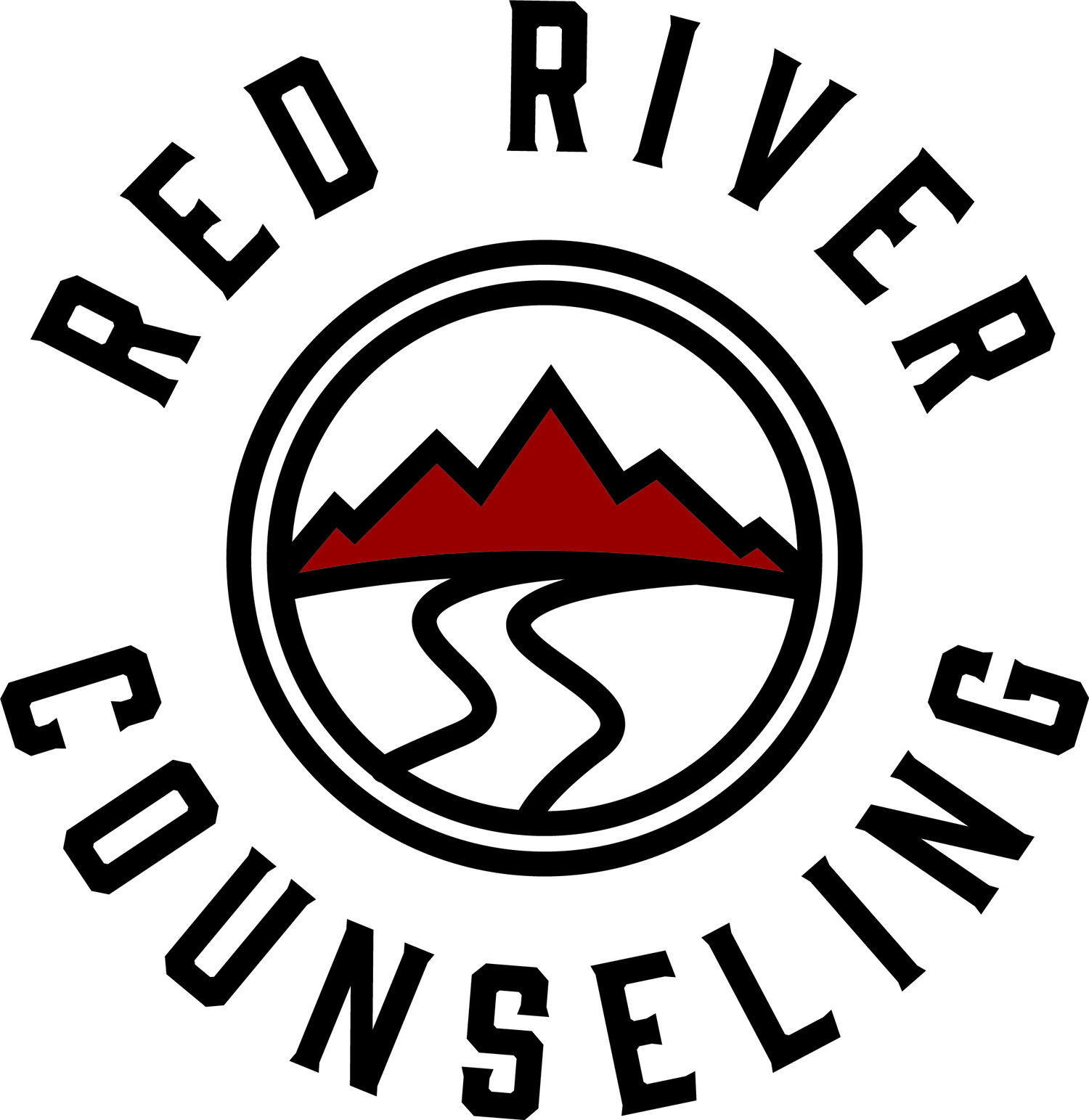Don’t Intellectualize Away your Intuition
/Have you ever had a gut feeling about a situation or person? You meet a person for the first time and you get a pit in your stomach….on a date, a new boss, a friend of a friend. Maybe you dismissed yourself as being too judgy, or thought it’s ‘not okay to judge a book by it’s cover.’ How did it turn out? Many of us find that our guts had it right in the first place.
So, who taught you to intellectualize away your intuition?
Dr. Gabor Mate refers to this as ‘authenticity’, a sense of being attuned with yourself, your emotions, physical sensations, and your internal alarm system. Think of it this way, if you were gathering food in the woods 5,000 years ago, and suddenly the hair stood up on the back of your neck, you would intuitively know that there was some sort of danger. If you ignored that, or thought ‘I’m just being too sensitive’, you would very likely end up in the belly of a beast.
Your intuition, or authenticity, is developed both intuitively and through lived experience.
Depending on the type of home you grew up in, your senses may be more highly refined than others, or more dull. An unfortunate consequence of abuse is that it tends to either dull our senses or make them hyper-alert. I often refer to the amygdala as our body’s sonar, able to depict possible threats in a primitive way, but not always good at defining the level of threat. If you tend to be hypervigilant, your radar may depict a hummingbird and an f-16 in the same way, leaving you on edge with the slightest discomfort, and vice-versa, if your radar was dulled, you may feel the same way about an F-16 as you do a hummingbird. Your job is to get in tune with this intuition, understand whether it tends to be hypervigilant, appropriate, or dulled, and then begin to trust it.
I was once in the middle of taking a new job, a job which would require my family to move into a new place, culture, school, etc. A lot was on the line. On the front end, everything seemed great. The workplace, employer, and activities seemed idyllic. But, on day 2 at this new job, I started to have ‘gut-checks’, feelings that were hard to put words to, but which lingered. I can remember journaling out how I was being too sensitive, over-thinking things, living out of fear, etc. I dismissed this intuition, determining to give this new workplace the best that I had. That’s not all bad, and it’s often good to check our intuition, but intellectualizing it away won’t do us any good. 6 months later I was in a doctor’s office getting prescribed medication for depression. My gut had been right about the toxicity of the workplace. Before I could even put words to it, my body new that something was off about the place. I wonder how things would have fared if I would have just trusted my intuition sooner.
Intellectualizing your intuition occurs when you dismiss those emotional responses, physical sensations, gut-checks, and automatic responses to people, places, or things.
Rather than listening to your body, checking out what the radar is sounding the alarm on, you end up shutting down your body in favor of your intellect – what you think you should feel, should think, should do.
How can you go about appreciating your intuition?
Here are a few suggestions:
Practice listening to your body.
Yoga is a tried and true method of getting in tune with your physical self, and a good yogi instructor could help you make a practice of this. But it doesn’t just have to be a formal practice, do a quick body scan, starting at your head and ending at your toes. Pay attention to any tensions, sensations, dullness, or pain.
Practice writing out your intuition.
We can’t always put our authenticity into words, but the practice of doing so can help us gain immense awareness. An easy structure for this is writing out as follows:
Because __________ (Write out the current situation, issue, or endeavor)
I think _________ (What thoughts, even irrational or embarrassing, cross your mind?)
I feel ________ (What emotions, physical sensations, or other intuitive responses come up?)
I want _________ (In this situation, what outcome do you want?)
Practice getting feedback.
Who can you trust enough to give you balanced feedback? When you have a strong intuitive response, it’s not always wise to immediately react. Who could you talk it out with that would both honor your authenticity and be willing to push back with a balanced view? If you find yourself surrounded by unhealthy friends and family, this might be where a good counselor could assist you. (Here’s a guide on finding a good counselor).
Practice trusting your instincts.
Remember in grade school when the teacher would say, ‘When it doubt, go with your first answer’. That’s because your ‘gut answer’ is usually right. Folks have started calling the gut the second brain, which is helpful, but incomplete. We tend to think of our brain as being the thinking/feeling center located in our skull, and which tells everything else what to do. The problem with that is, your body is much more democratic than that. Your nervous system is wired throughout your entire body, with the second most nerve endings residing in your gut. Essentially, your entire body is thinking, directing, and prodding you into what you should do.
Here’s a short, helpful video of Dr. Gabor Mate discussing our need for attachment and authenticity.

